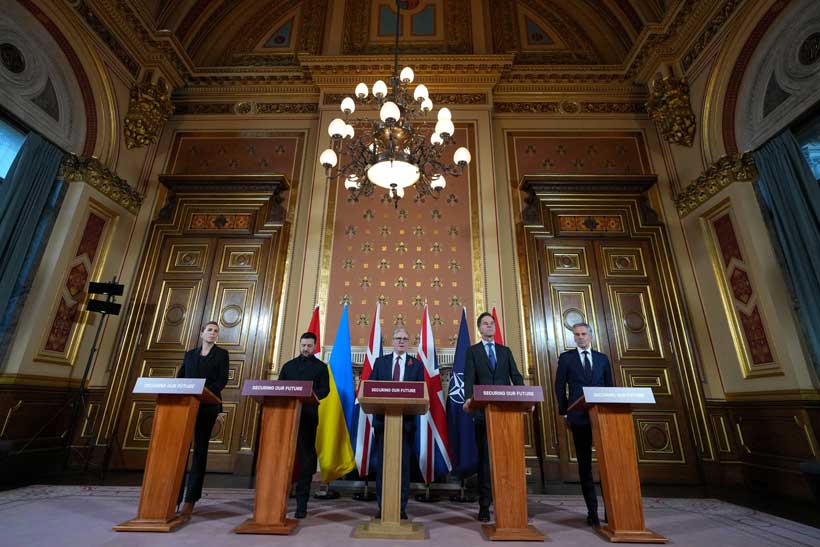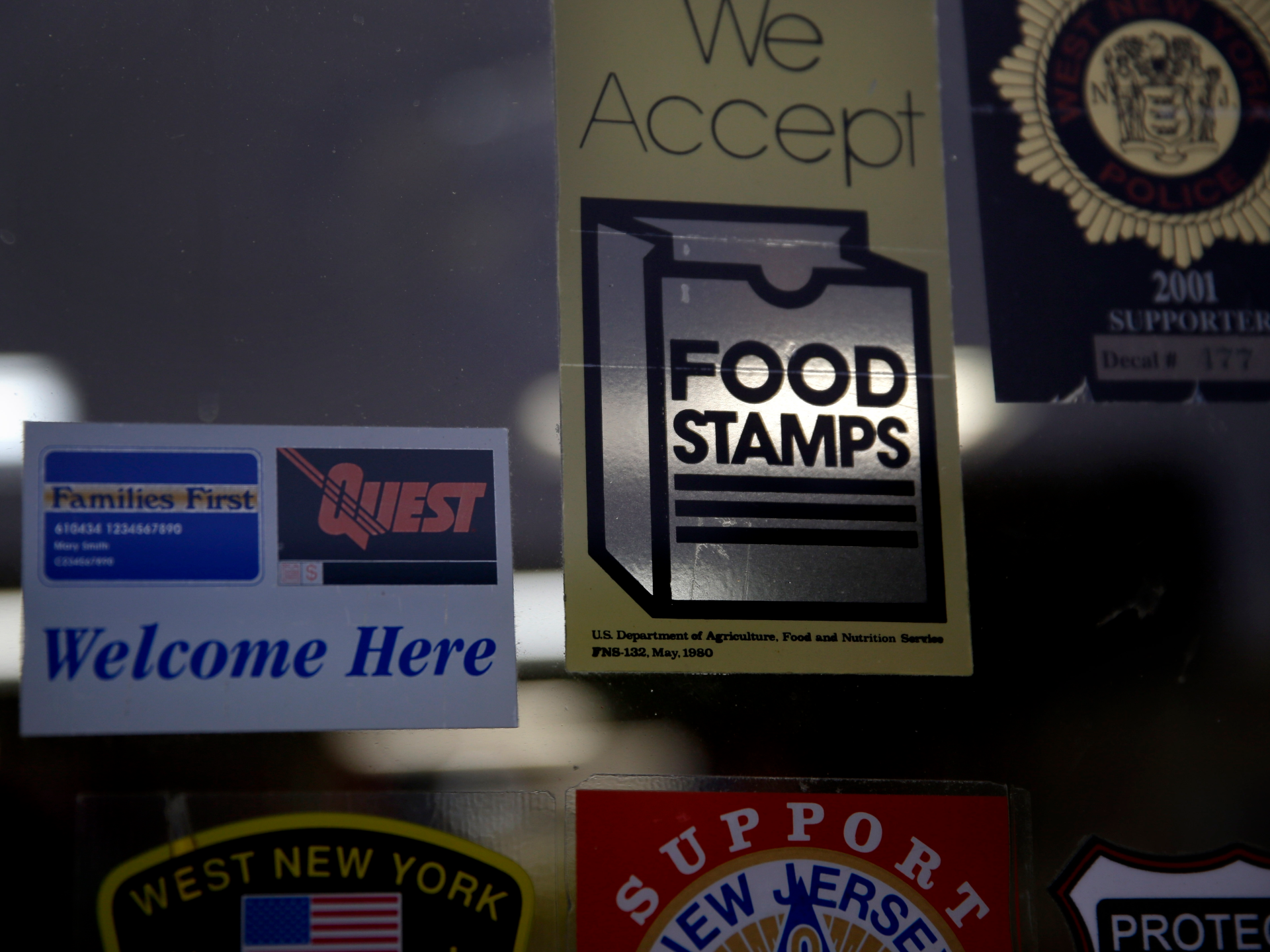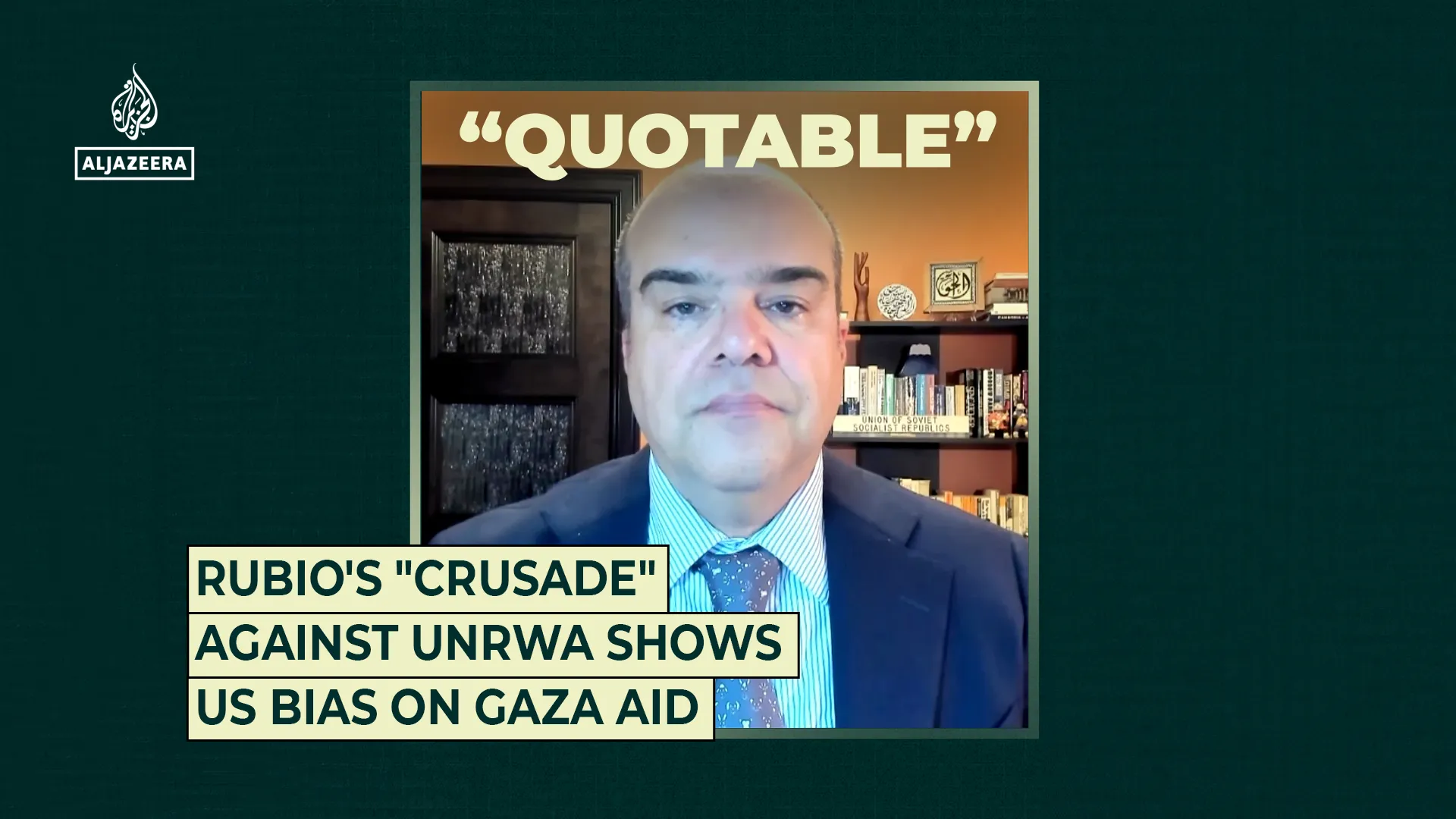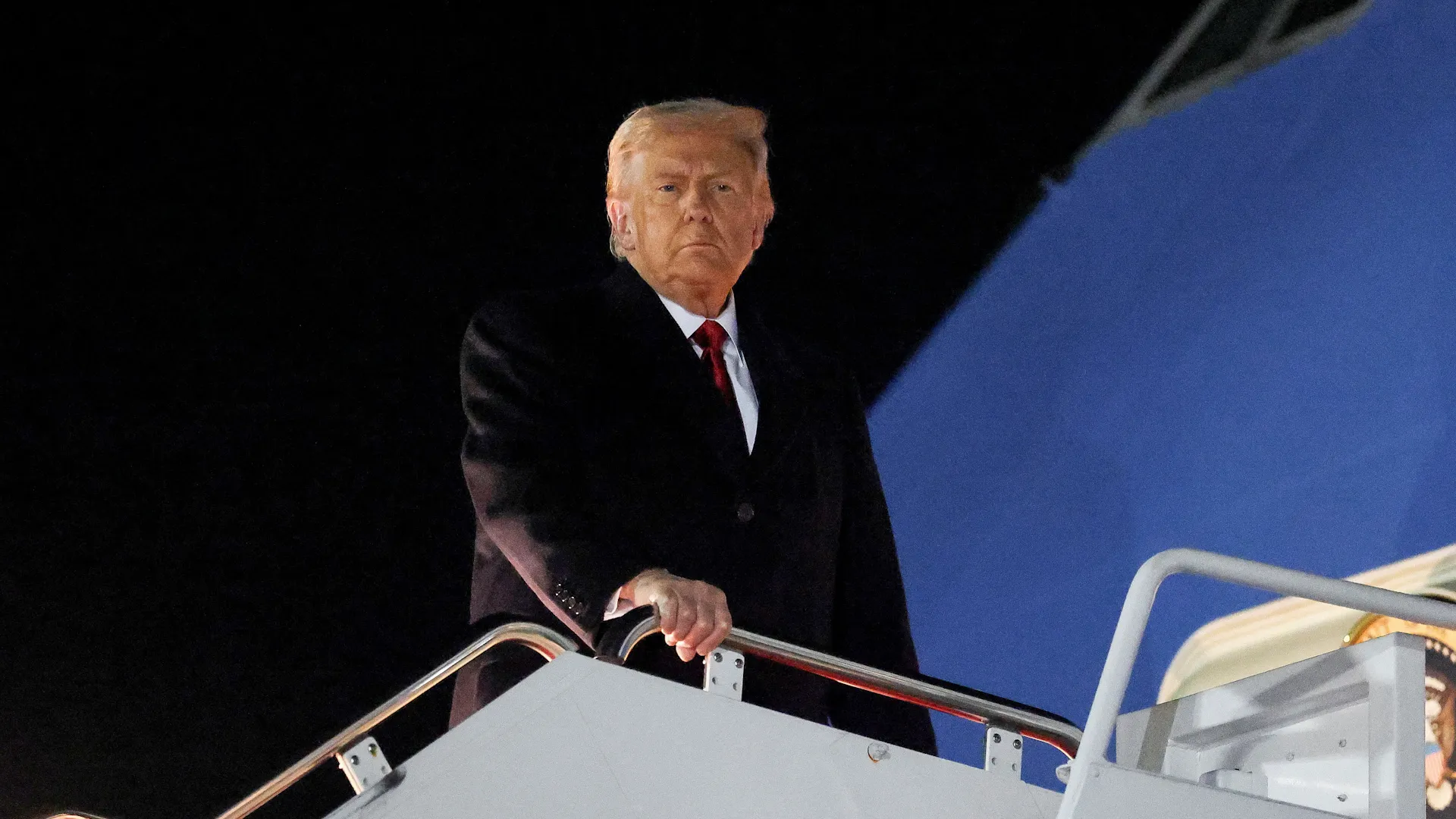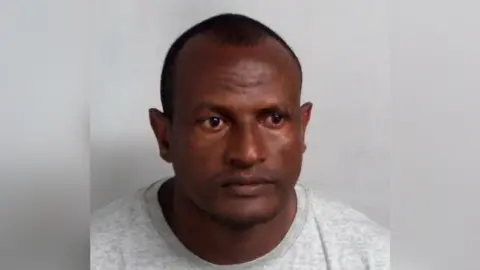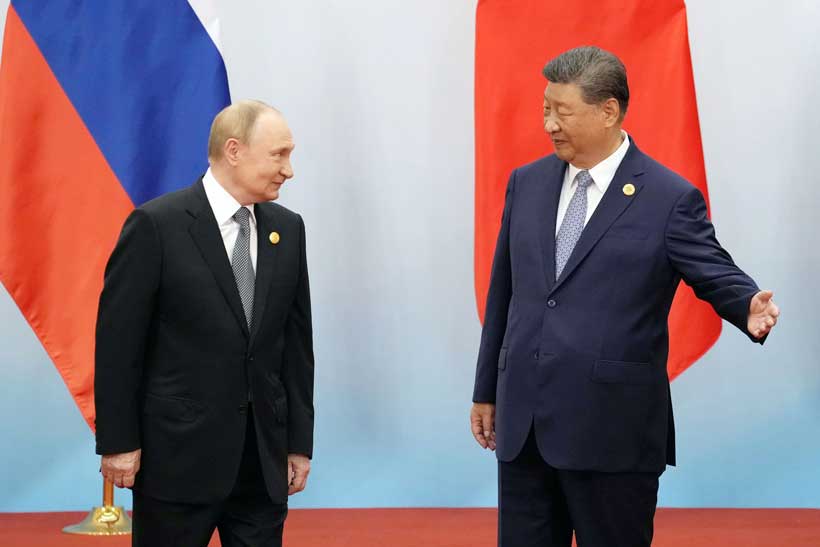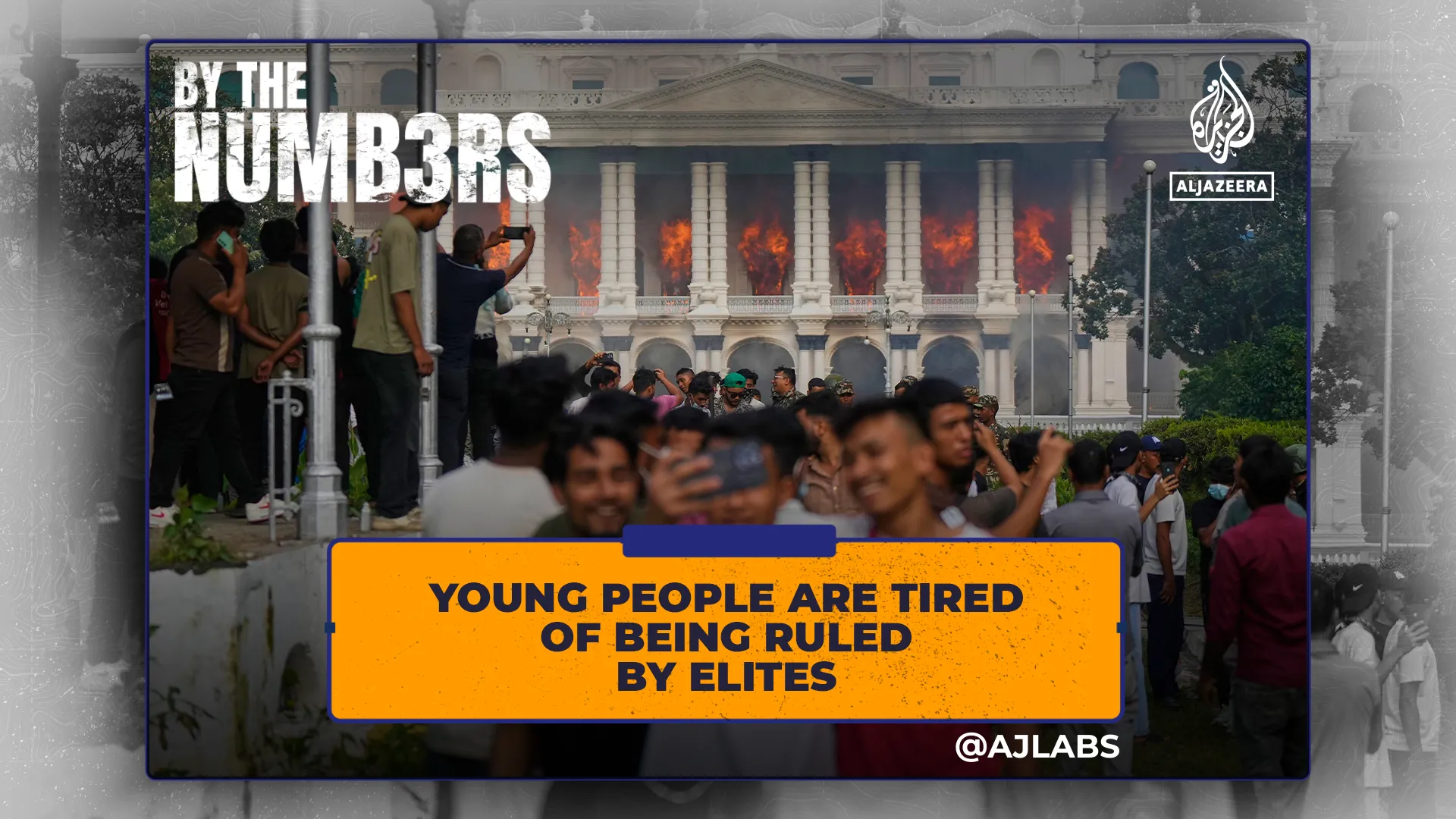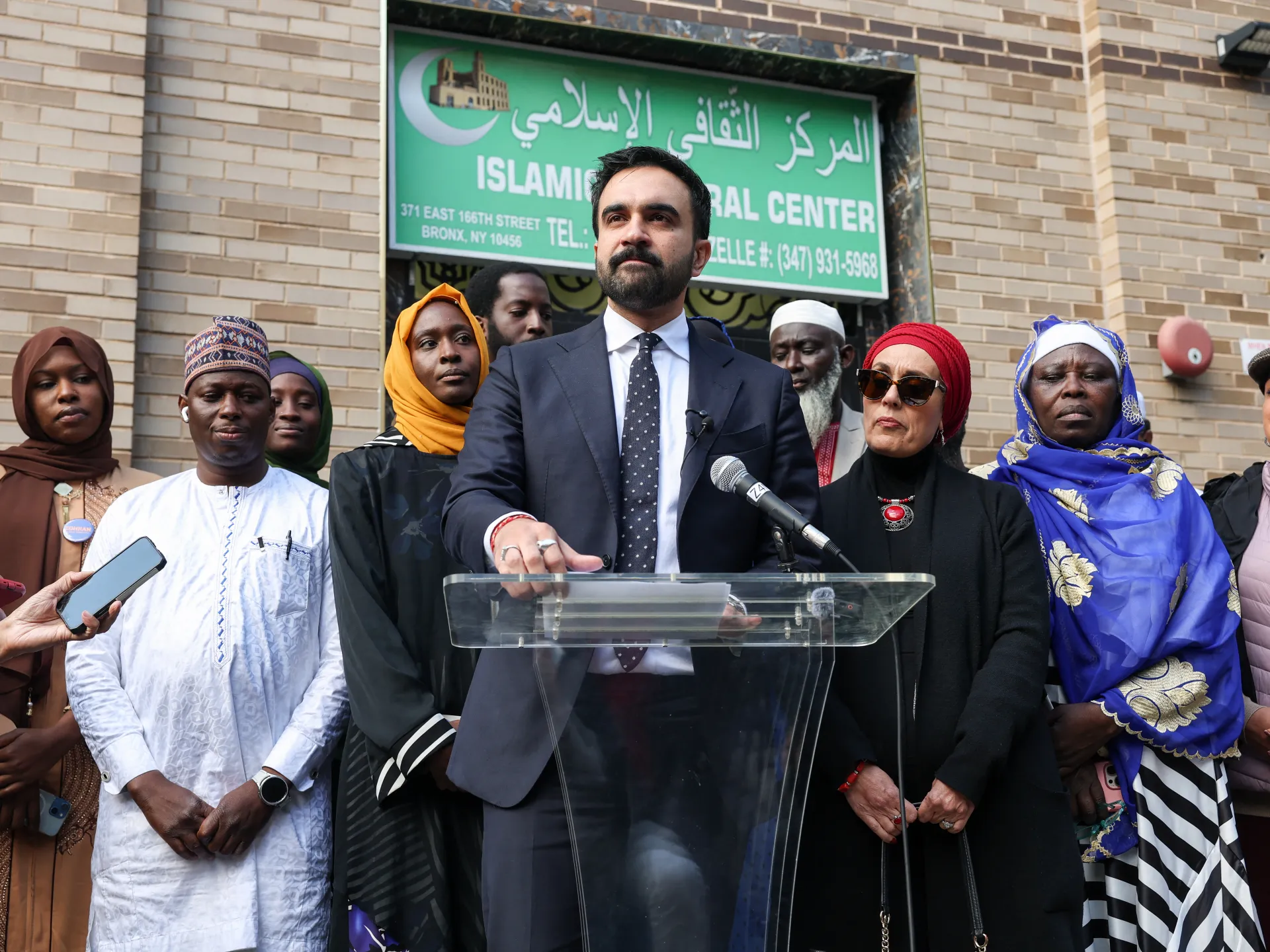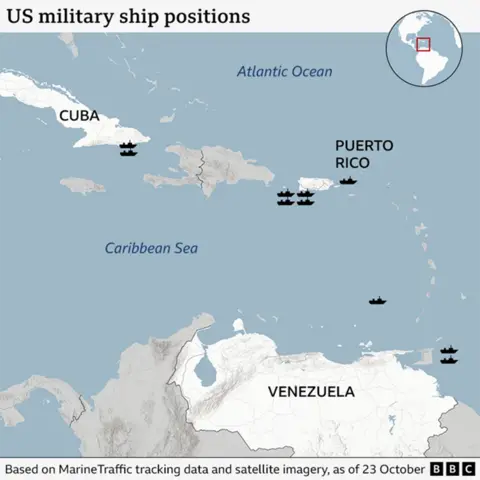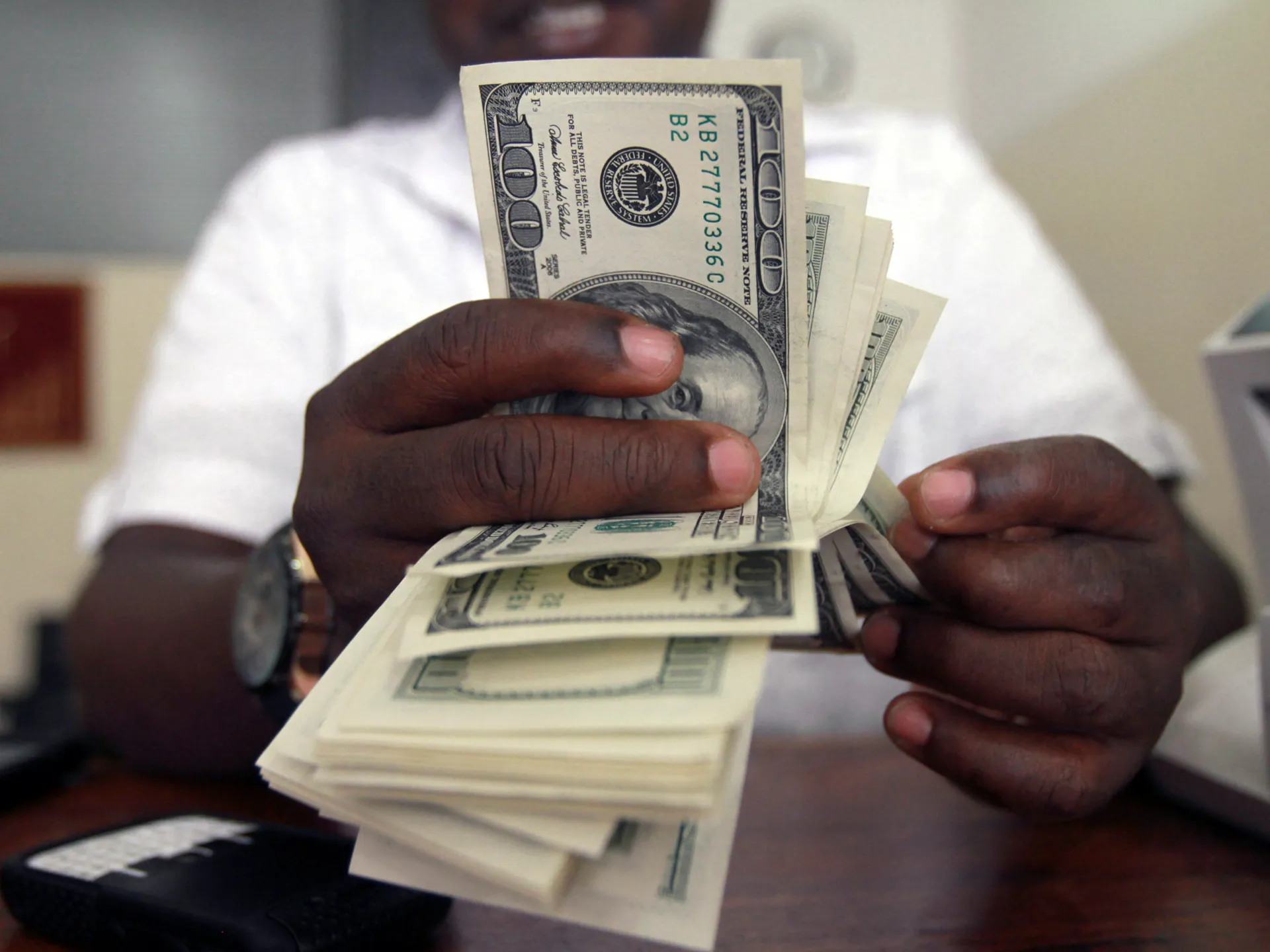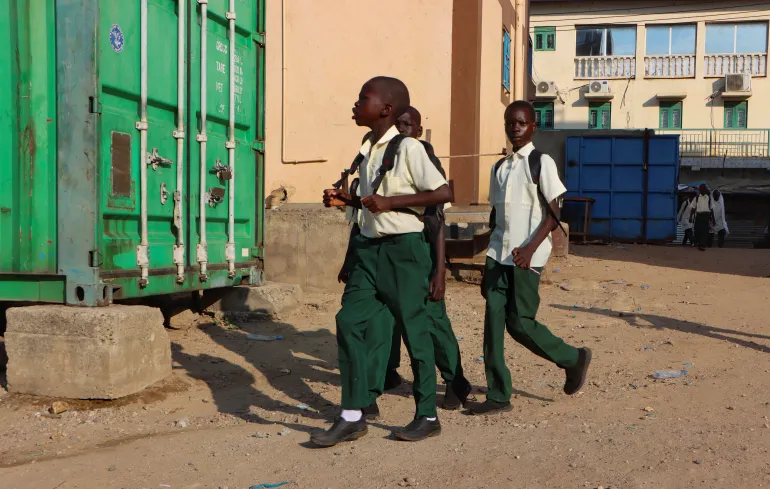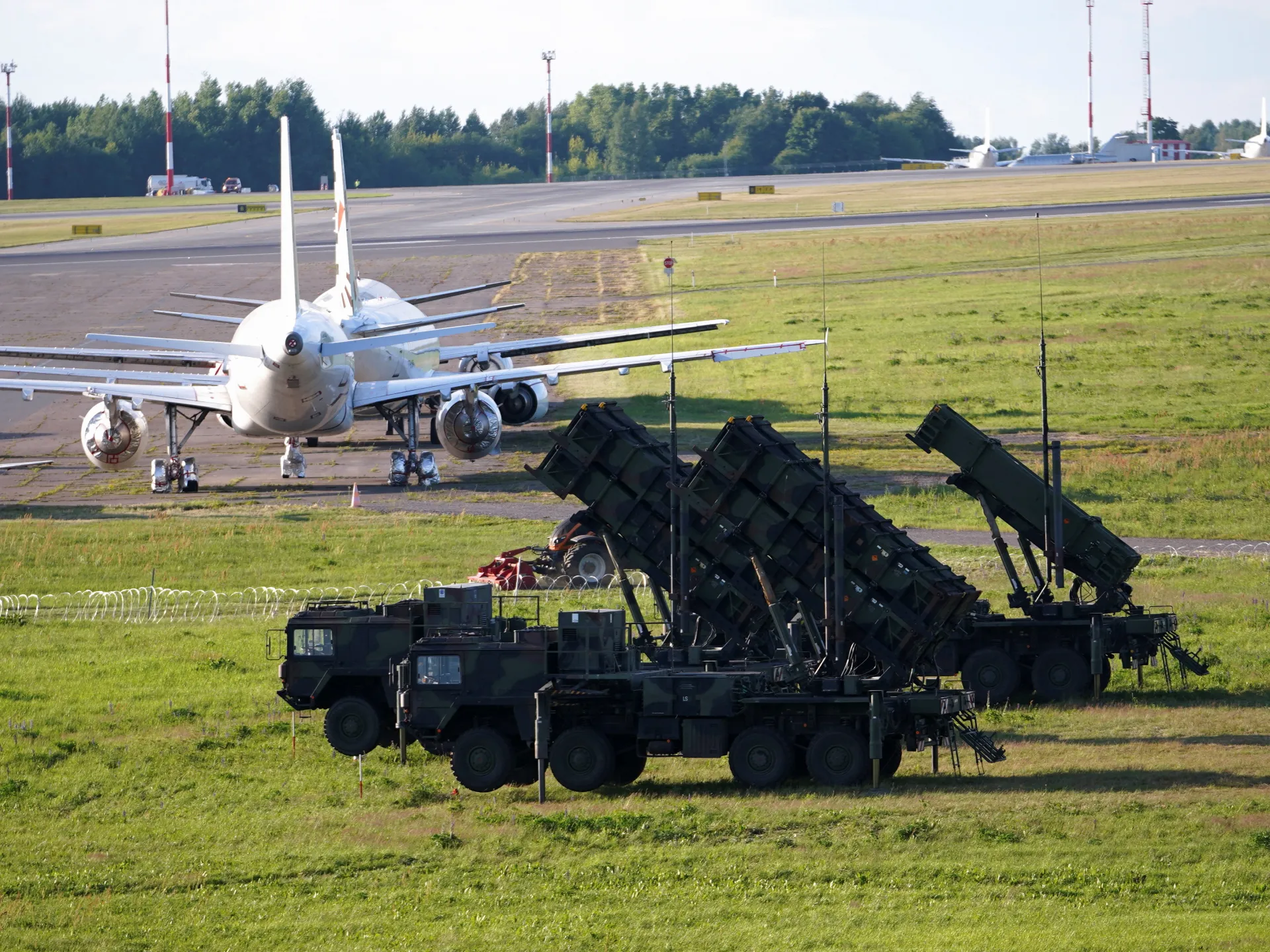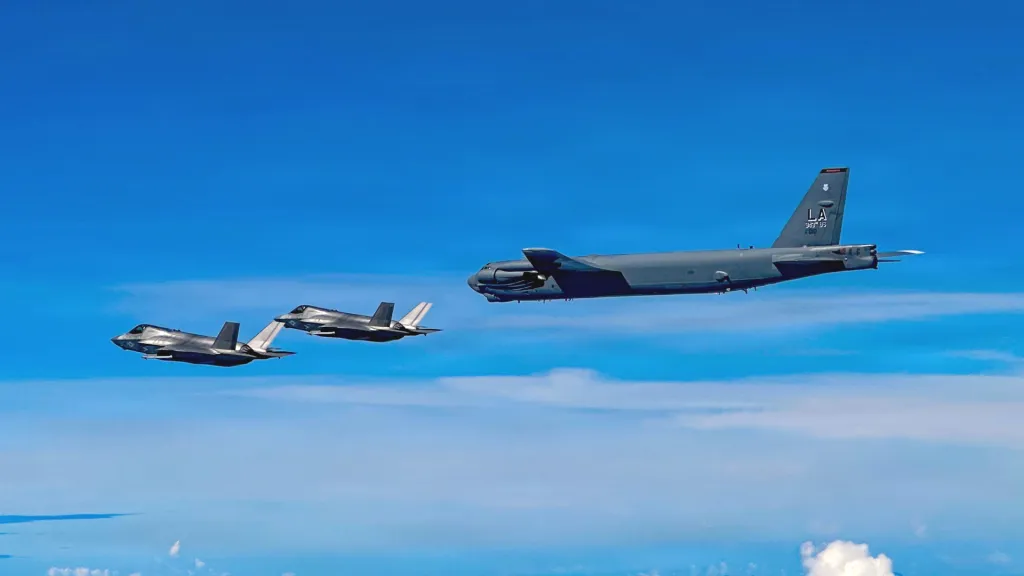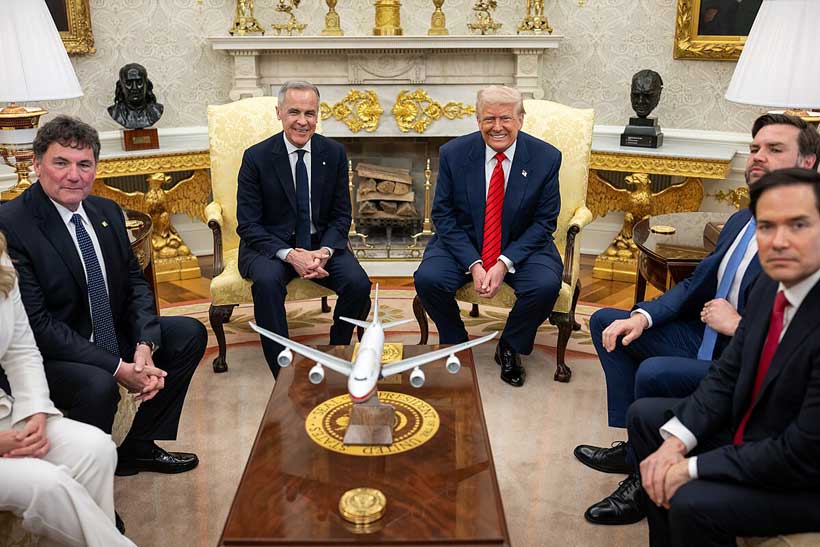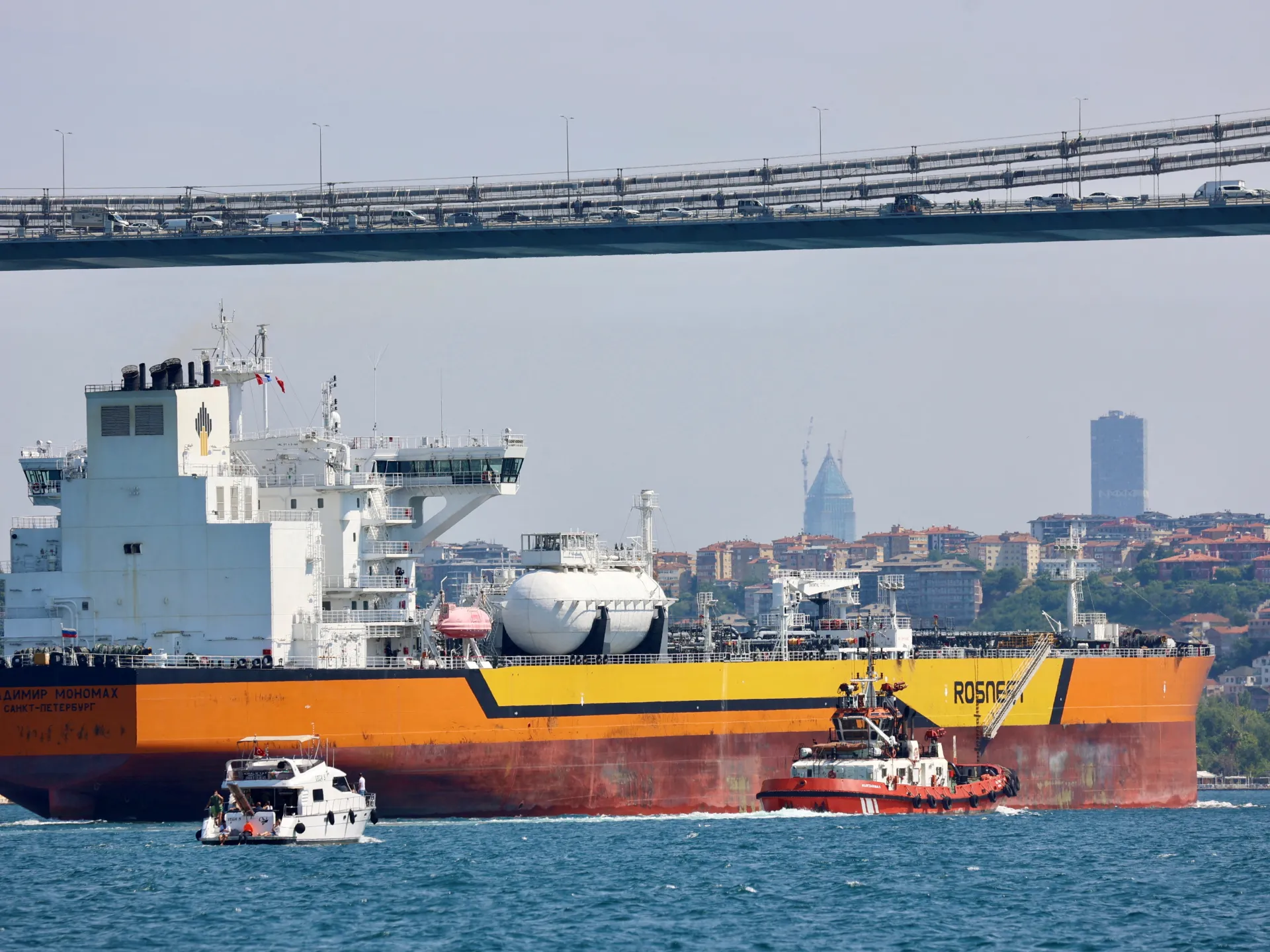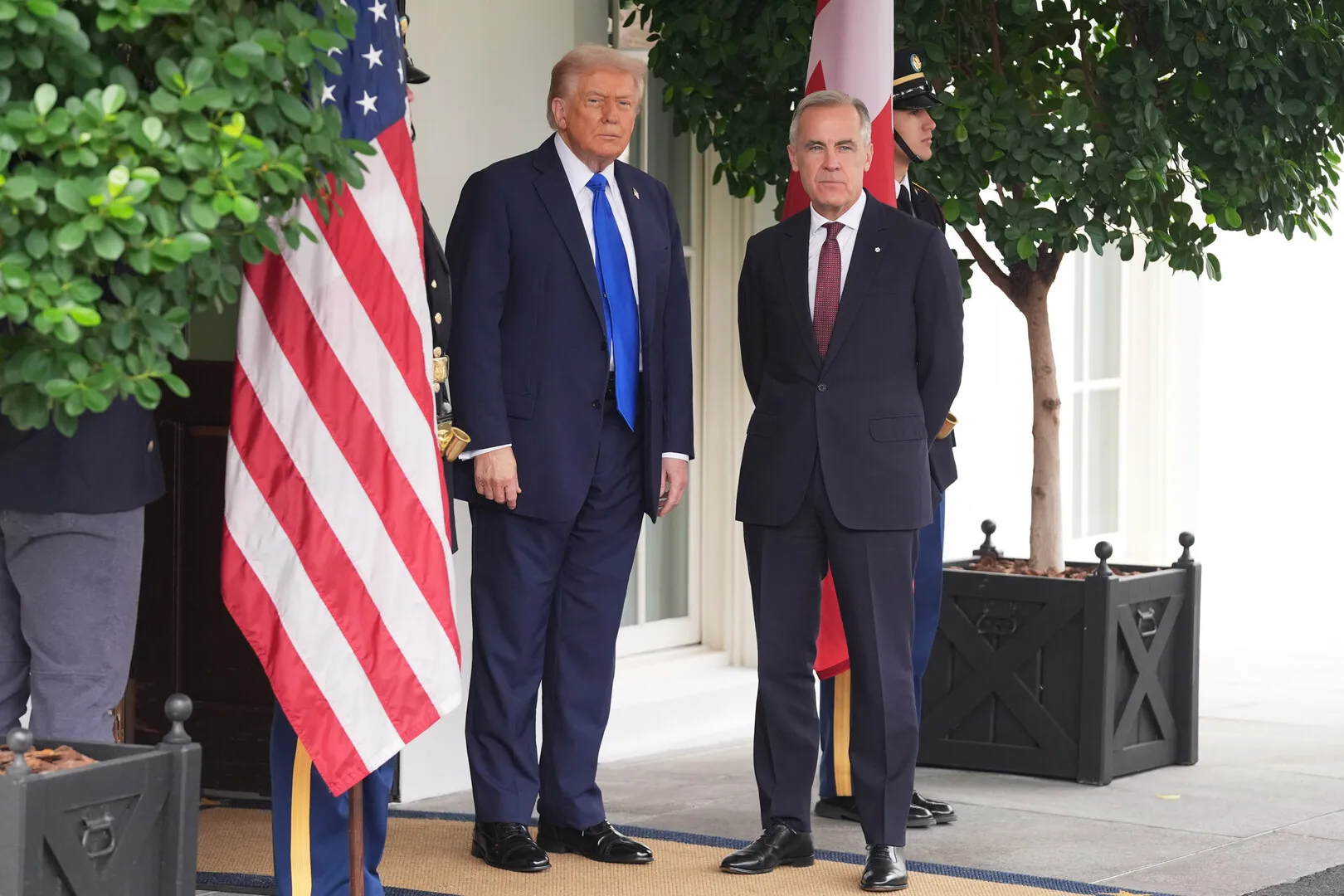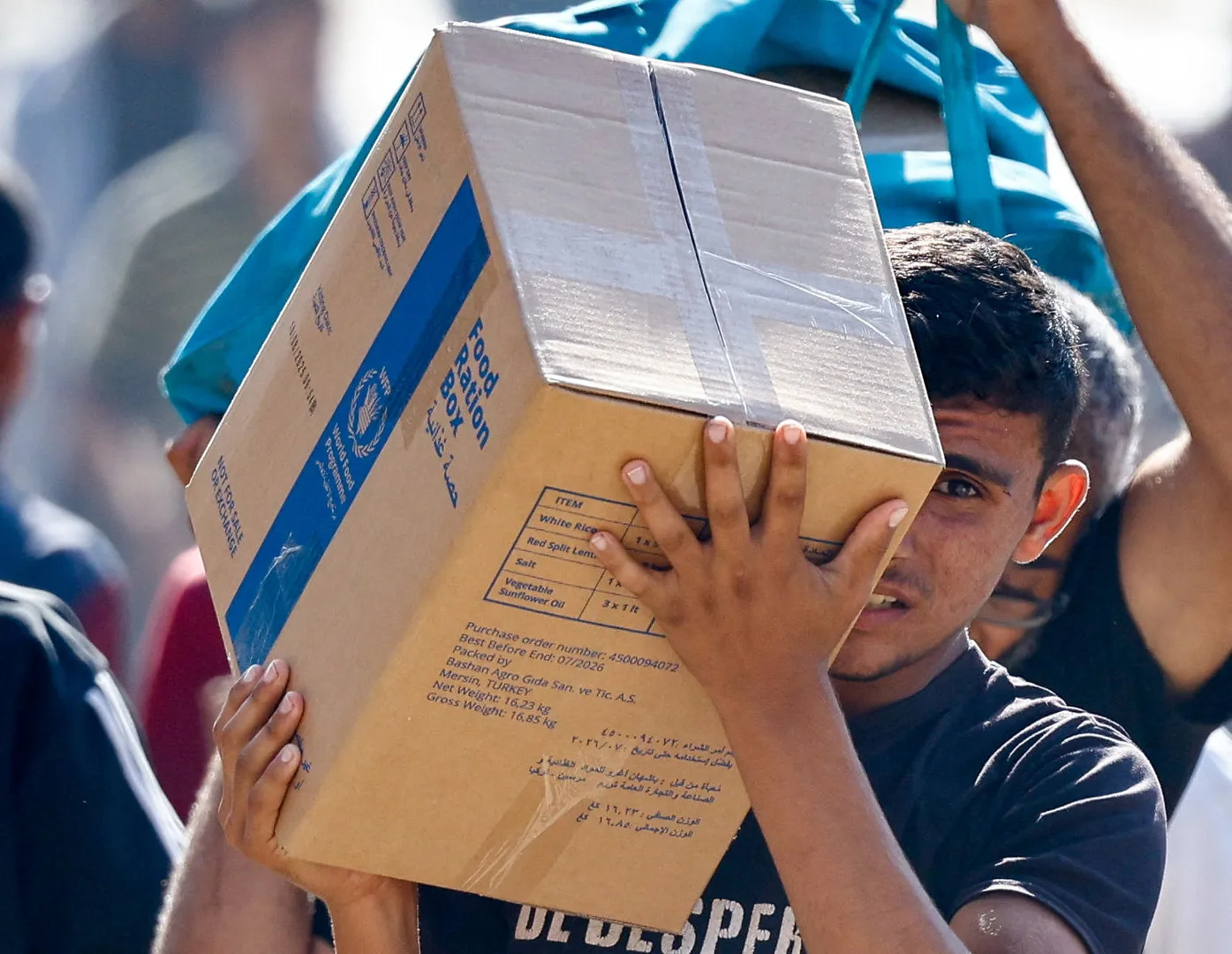If the United States federal government shutdown continues, millions of low-income Americans could lose access to a monthly benefit that pays for food.
About 42 million people receive money through the Supplemental Nutrition Assistance Program (SNAP), sometimes called food stamps. The Department of Agriculture told states in an October 10 letter that if the shutdown continues, the programme would run out of money to pay for benefits in November.
Recommended Stories
list of 4 itemsend of list
President Donald Trump’s Republican administration is blaming the Democrats with Agriculture Secretary Brooke Rollins repeating a false healthcare talking point on October 16 on X: “Democrats are putting free health care for illegal aliens and their political agenda ahead of food security for American families. Shameful.”
The government shutdown stems from disagreements between Democrats – who want Congress, as part of approving federal funding, to extend expiring enhanced subsidies for the Affordable Care Act (ACA), through which uninsured Americans can buy health insurance – and Republicans, who want to extend federal funding first before negotiating over whether or how to extend the ACA subsidies.
SNAP is a federal programme operated by state agencies. Participants receive an average individual monthly benefit of about $190 or $356 per household. Recipients may use the benefits to buy fruit, vegetables, meat, dairy products, bread and other foods. The majority of SNAP households live in poverty.
Lawmakers and social media users have made several statements about SNAP with varying degrees of accuracy about the shutdown and the Republican tax and spending law that Trump signed in July. Here’s a closer look:
Social media posts say food stamps will disappear on November 1
Many social media posts have said food stamps are going away as soon as November 1.
“Let that sink in – just in time for the cold season and the month of giving thanks,” one Instagram post said.
That could happen for millions of people. But it might not happen for all of them, and it could happen throughout the month of November because the monthly date when people receive their benefits varies by state.
The Trump administration could use SNAP’s contingency fund to pay for nearly two-thirds of a full month of benefits, or it could transfer other Agriculture Department funds, according to the Center on Budget and Policy Priorities, a liberal think tank. The administration has said it has found funding to continue the Women, Infants and Children programme, another food programme for low-income families.
According to an Agriculture Department funding lapse plan, SNAP “shall continue operations during a lapse in appropriations, subject to the availability of funding”.
An Agriculture Department letter told states to hold off on steps that would lead to people receiving their November benefits. Federal regulations require that reductions be made in a way that higher-income recipients lose more benefits than the lowest-income recipients.
We asked administration officials for more detail but received no response to our questions.
Many state officials – including in Illinois, New York, North Carolina, Texas and Wisconsin – said that if the shutdown continues, participants might not or will not receive benefits in November. A spokesperson for the Florida Department of Children and Families told PolitiFact that if the shutdown continues into November, benefits will not be issued.
California Governor Gavin Newsom said on Wednesday that he will deploy the National Guard and California Volunteers, a state agency, to support food banks and provide $80m in state money.
“Empty cupboards and stomachs are not abstract outcomes,” Wisconsin Governor Tony Evers told Rollins in a Wednesday letter. “They are the very real and near consequences of the dysfunction in Washington. These are also consequences you can prevent today.”
Meanwhile, food banks across the country have taken a hit from other Trump administration policies. ProPublica reported on October 3 that earlier in the year, the administration cut $500m in deliveries through the Emergency Food Assistance Program, which provides food to state distribution agencies.
So what have key lawmakers said on this issue and how true are their claims?
‘We are not cutting’ SNAP
– Mike Johnson, speaker of the US House of Representatives, on the TV programme Face the Nation on May 25
This is false.
Johnson spoke after the House passed a Republican-backed bill known at the time as the One Big Beautiful Bill, which included many of Trump’s policy priorities.
The Congressional Budget Office (CBO), the nonpartisan number-crunching arm of Congress, estimated in May that 3.2 million fewer people per month on average would receive SNAP benefits over the next nine years based on the bill’s changes to work requirements and restrictions on states’ ability to waive the work requirements in areas with high unemployment.
A more recent August CBO analysis estimated the changes would reduce participation in SNAP by roughly 2.4 million people.
‘Nearly 25 cents of every $1 spent via SNAP goes to farmers and ranchers’
– Wisconsin state Representative Francesca Hong in a June 12 X post
This is true.
In a series of X posts, Hong said it wouldn’t be only families receiving food aid that would be hurt by the legislation.
A chart published this year by the Agriculture Department’s Economic Research Service showed that in 2023, farm establishments made 24.3 cents of every dollar spent on food at home, including at grocery stores and supermarkets.
‘About 20 percent of households with veterans rely upon’ SNAP
– House Democratic leader Hakeem Jeffries at a May 8 news conference
This is mostly false.
An April 2 study found that 8 percent of veterans rely on SNAP benefits. No state had a share higher than 14 percent. Studies with data from a few years earlier showed rates from 4.9 percent to 6.6 percent.
Louis Jacobson, Staff Writer Loreben Tuquero and Milwaukee Journal Sentinel reporter Madeline Heim contributed to this article.
